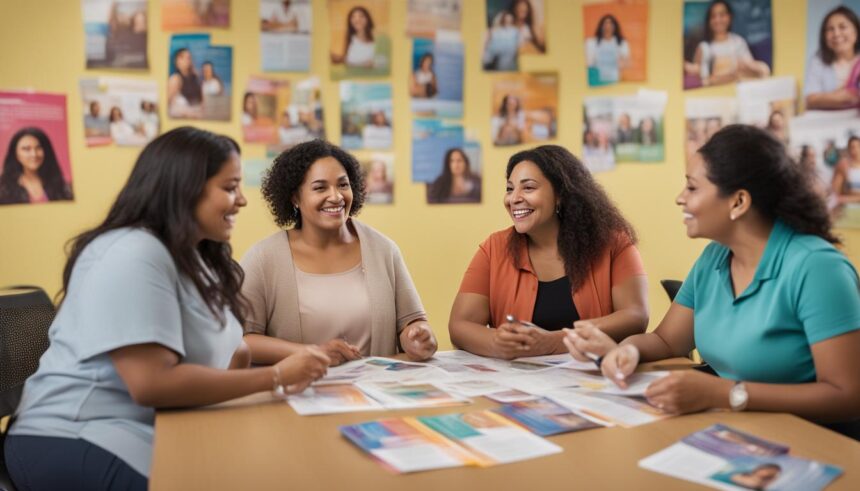Planned Parenthood of Metropolitan Washington, D.C., receives a significant grant from Montgomery County to evolve their Promotoras de Salud program, enhancing health education and community engagement in underserved Latinx areas.
Planned Parenthood of Metropolitan Washington, D.C. (PPMW) has received a significant boost from Montgomery County, Maryland, as they bolster their efforts in public health outreach specifically within underserved Latinx communities. The organization was awarded a substantial Underserved Communities Projects grant aimed to evolve their Promotoras de Salud program, which will now evolve into a state-accredited Community Health Worker program.
The Promotoras de Salud initiative employs Spanish-speaking peer educators who engage with their communities on topics of sexual and reproductive health and rights. These educators are not just teachers; they are confidants and pillars of trust within the communities they serve, often navigating the sensitive world of sexual health with compassion and understanding. Prior to engaging with the public, these educators are comprehensively trained by PPMW health education staff, with a curriculum spearheaded by Bilingual Program Manager Karen Gomez Morales, aiming to deepen the bonds of trust and enable candid conversations around these crucial topics.
This significant initiative, originally among 11 selected from an impressive pool of 132 applicants, aims not only to provide necessary health education but also to enhance the careers of its participants. Andrea Augustine, Assistant Vice President of Education and Community Engagement at PPMW, outlined that converting the program into a state-accredited Community Health Worker program through the grant will allow participants to gain formal certifications recognized by the state of Maryland. This accreditation promises to enhance the public health workforce and increase Latinx representation in the community health sectors. Additionally, it supports the personal and professional growth of the Promotoras by leveraging their roles into credible and certified career paths in health education.
The educational and professional journey is structured in stages over the coming years. During the first year, the focus will lie on realigning the existing program to meet Maryland’s Community Health Worker Certification Training Program standards and achieving accreditation. The following year, the goal is to pilot and refine the revised program, ensuring that the Promotoras who graduate are seamlessly connected to job opportunities within the community health framework. By the third year, the program aims to be fully operational as an accredited entity, allowing its graduates to make substantial contributions to community health and even transitioning into further career roles within the sector.
PPMW’s initiative is of critical importance when considering the health disparities often faced by many Latinx communities. Community health workers are at the frontline, capable of identifying and addressing the social determinants of health that exacerbate these disparities. By fostering a workforce reflective of the community’s demographic, PPMW is ensuring that the knowledge and services provided are culturally relevant and accessible.
This grant and its resultant programs signify a stride towards not only enhanced health and education but also community empowerment where the Promotoras de Salud take center stage in transforming their roles into recognized professionals in health education. This is a crucial development not just for the individuals directly involved but for the broader health services community in the Washington D.C. metropolitan area, ensuring a healthier future with comprehensive, accessible, and culturally sensitive health education and care.





